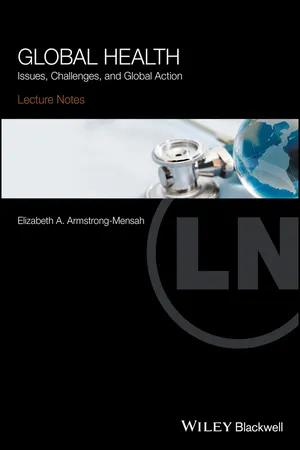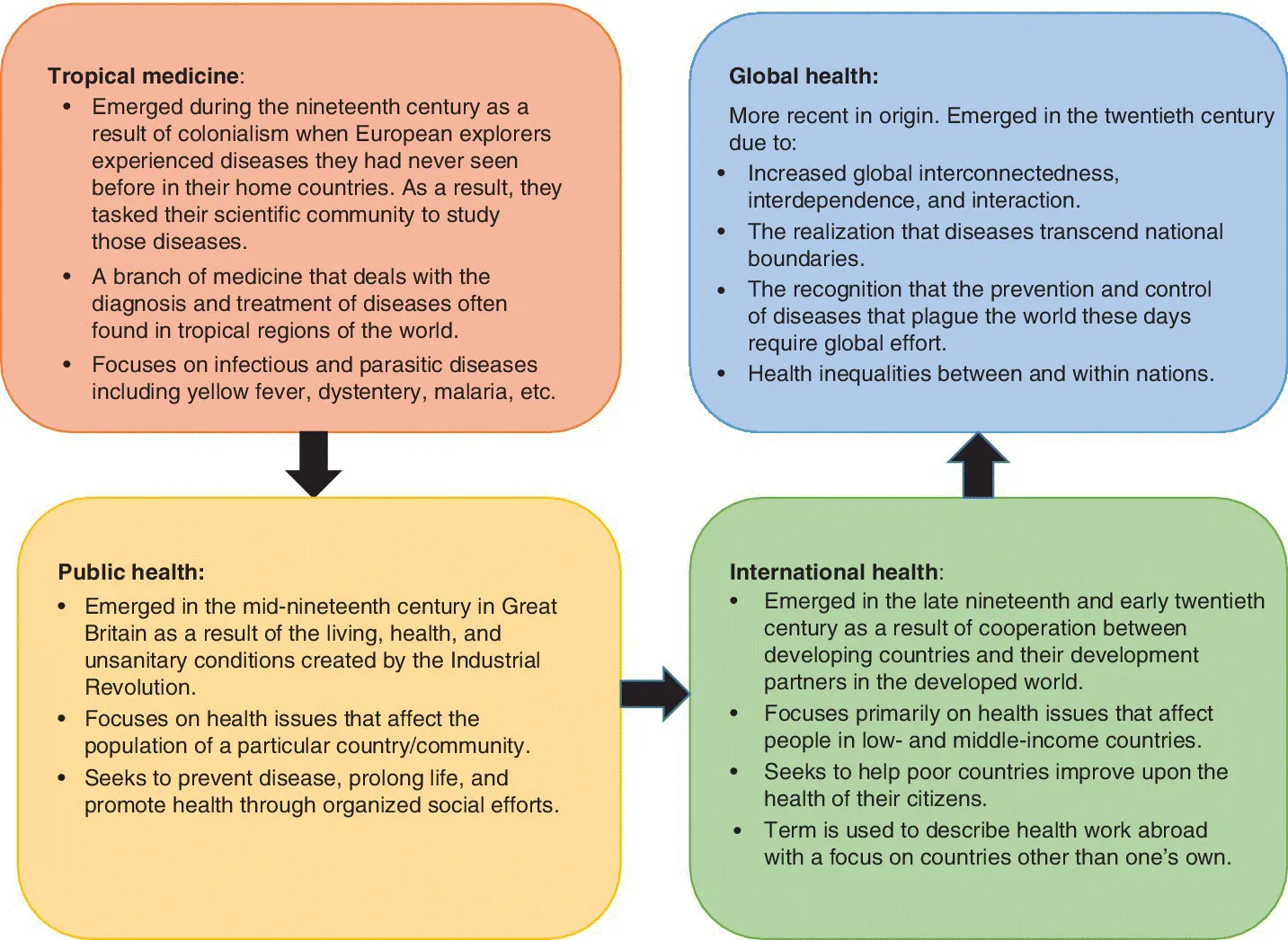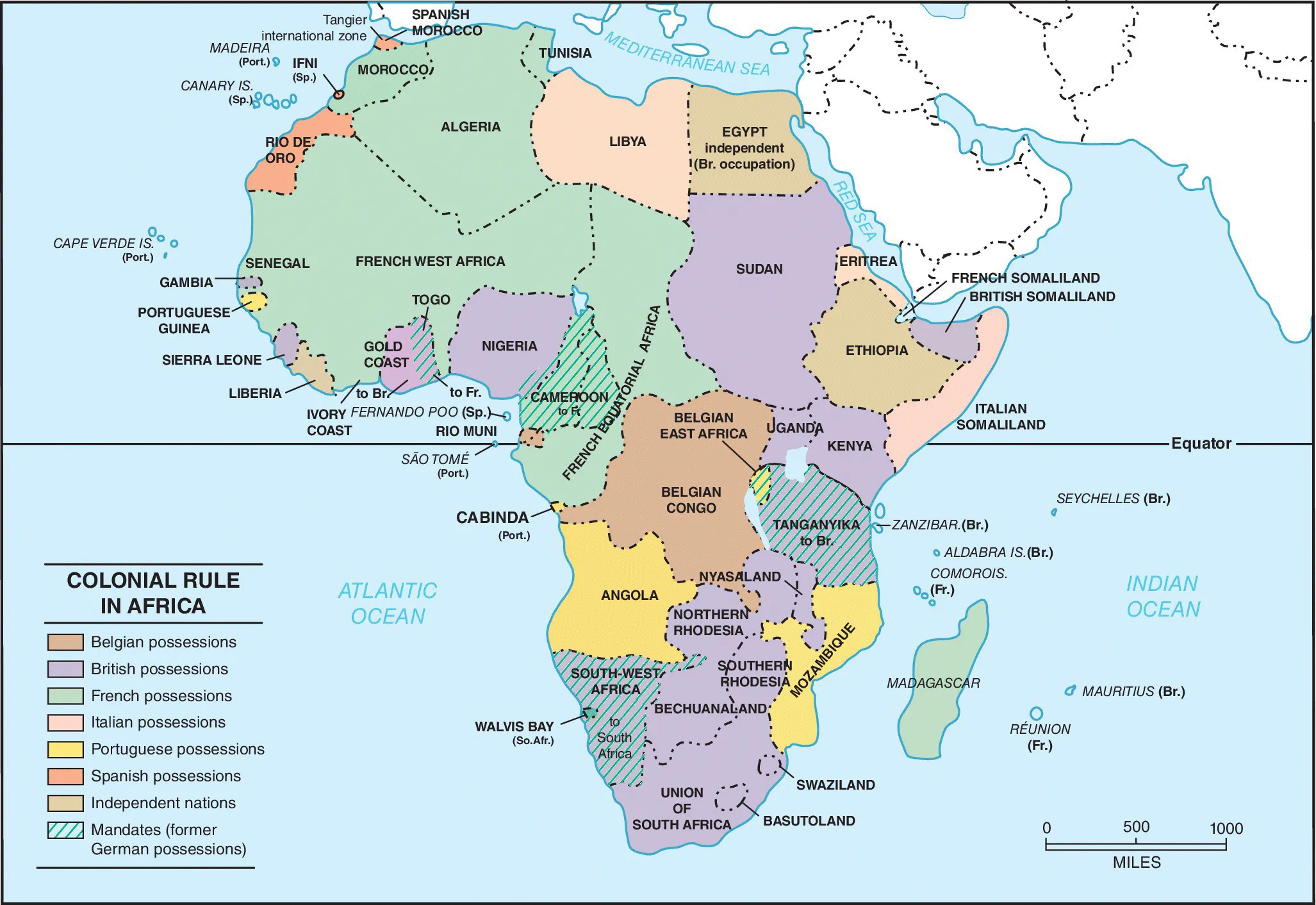
- English
- ePUB (mobile friendly)
- Available on iOS & Android
About this book
Global Health Lecture Notes: Issues, Challenges and Global Action provides a thorough introduction to a wide range of important global health issues and explores the resources and skills needed for this rapidly expanding area.
Global Health is a growing area that reflects the increasing interconnectedness of health and its determinants. Major socio-economic, environmental and technological changes have produced new challenges, and exacerbated existing health inequalities experienced in both developed and developing countries. This textbook focuses on managing and preventing these challenges, as well as analysing critical links between health, disease, and socio-economic development through a multi-disciplinary approach.
Featuring learning objectives and discussion points, Global Health Lecture Notes is an indispensable resource for global health students, faculty and practitioners who are looking to build on their understanding of global health issues.
Frequently asked questions
- Essential is ideal for learners and professionals who enjoy exploring a wide range of subjects. Access the Essential Library with 800,000+ trusted titles and best-sellers across business, personal growth, and the humanities. Includes unlimited reading time and Standard Read Aloud voice.
- Complete: Perfect for advanced learners and researchers needing full, unrestricted access. Unlock 1.4M+ books across hundreds of subjects, including academic and specialized titles. The Complete Plan also includes advanced features like Premium Read Aloud and Research Assistant.
Please note we cannot support devices running on iOS 13 and Android 7 or earlier. Learn more about using the app.
Information
1
Essentials of global health
Learning Objectives
- Define global health;
- List and explain at least two key global health concepts;
- Discuss at least two defining features of global health;
- Explain the difference between international health and global health;
- Explain the significance of global health in today’s world.
Summary of key points
Evolution and concept of global health

Tropical medicine

Public health
Table of contents
- Cover
- Title Page
- Table of Contents
- Preface
- Acknowledgments
- 1 Essentials of global health
- 2 Globalization, infectious diseases, and global health
- 3 Noncommunicable diseases
- 4 Global burden of disease and measurement
- 5 Culture, behavior, and global health
- 6 Water, sanitation, and global health
- 7 Global hunger, nutrition, and food security
- 8 Global health and human rights
- 9 Natural disasters and complex humanitarian emergencies
- 10 Gender and global sexual and reproductive health
- 11 Health systems and global health
- 12 Financing global health
- 13 Ethics in global health research, design, and practice
- 14 Health‐related millennium development goals and global health
- 15 Global health partnerships and governance
- 16 Evaluating global health projects
- Index
- End User License Agreement